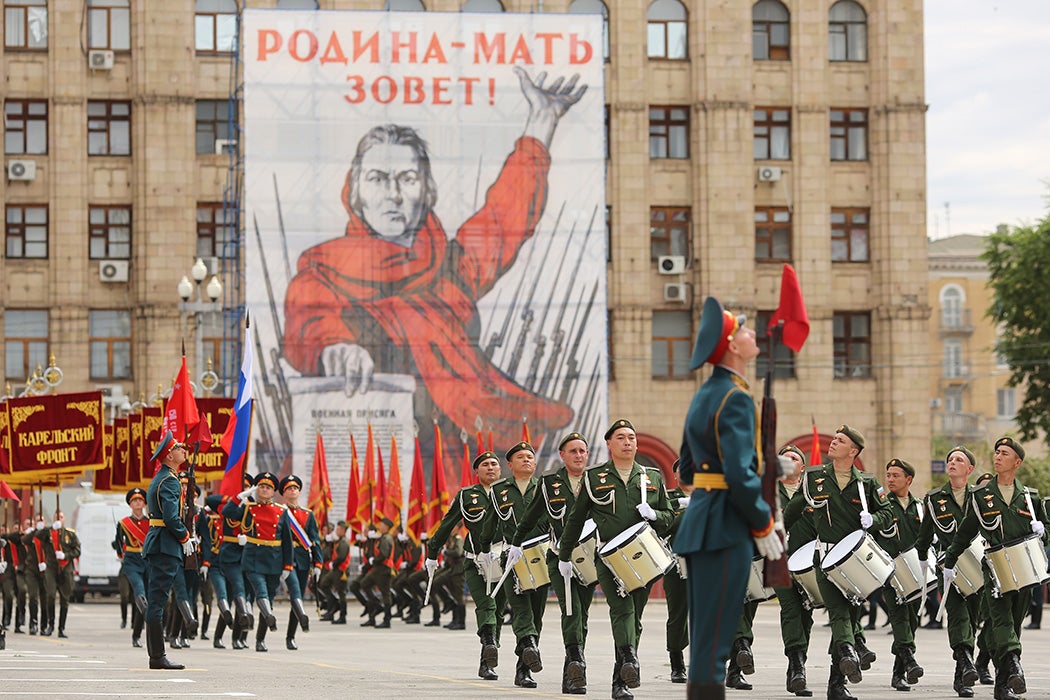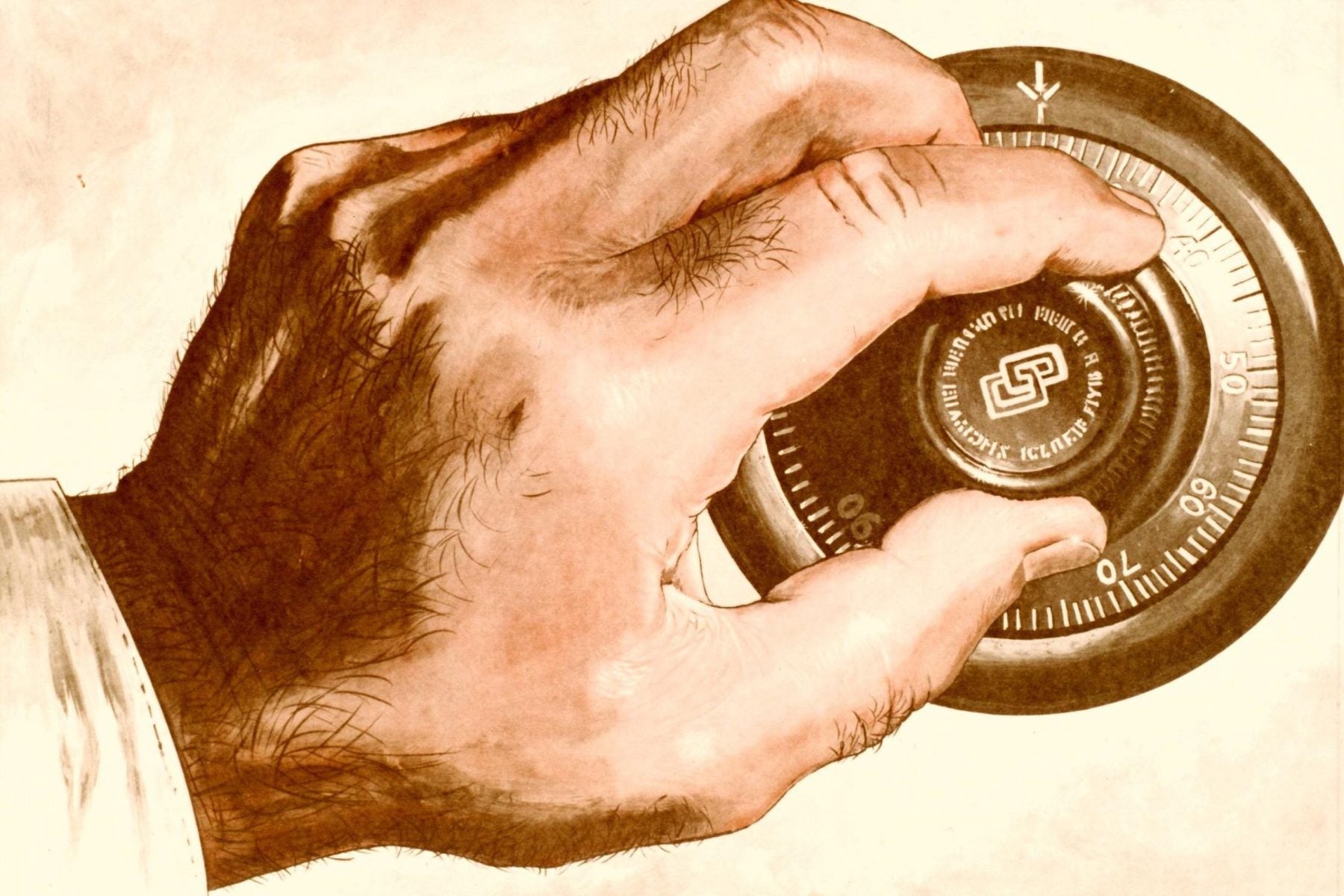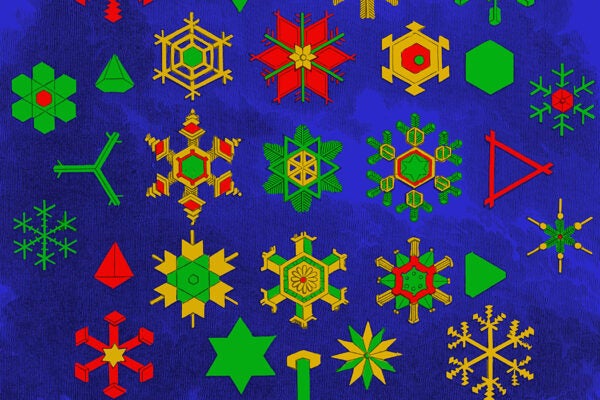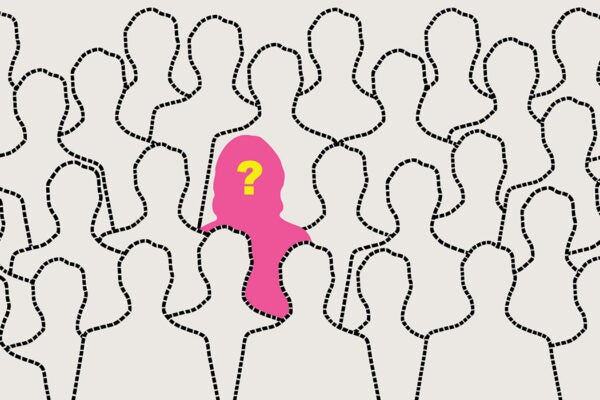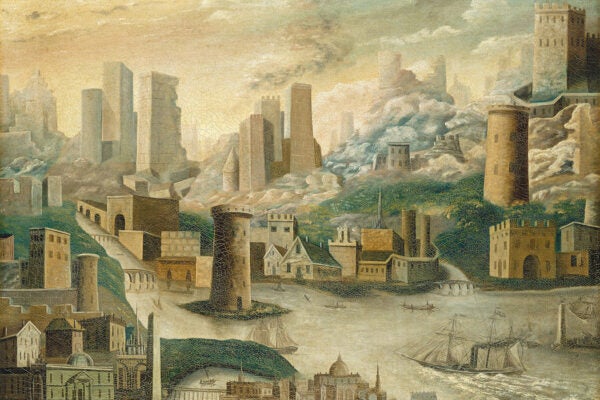A 2015 paper published by a Kremlin-affiliated think tank warned that “if the current state of history teaching in schools continues, Russia will run the risk, in the next 10–15 years, of losing her sovereignty and being split up into several dozens or hundreds of territories that will inevitably fight each other.”
Researchers Håvard Bækken and Johannes Due Enstad write that the idea of history as a key to national security has been evolving in Russia since the fall of the USSR.
Of course, nationalistic stories based on historical events were also part of government strategies during the Soviet era, and even before—just as they’re part of politics around the world. Bækken and Enstad quote nineteenth-century intellectual Ernest Renan, who argued that “getting history wrong is part of being a nation.”
But history emerged as a particular battleground in Russia following the ideological and material chaos of the 1990s. Following the collapse of the USSR, historians and cultural critics delved into negative aspects of Soviet rule that had previously been publicly unspeakable. This became associated with an era of crisis also marked by privatization, political corruption, and social breakdown.
Meanwhile, Bækken and Enstad write, other post-communist countries like Poland and Ukraine were drawing on history to revive their own national identities—in many cases pointing to Russia as an oppressive foreign villain in these narratives.
More to Explore
Security Studies: Foundations and Key Concepts
Starting with President Boris Yeltsin in the late 1990s, and intensifying with his successor, Vladimir Putin, the nation’s leaders attempted to reclaim “the Russian idea” with manifestations including Victory Day military parades and the revival of Soviet-era “patriotic education.” Other methods for spreading the orthodox view of history include military-style youth organizations and government-approved talk shows, cartoons, and documentaries. Meanwhile, a 2014 law made it a crime to spread historical narratives deemed contrary to patriotic values.
The history on which the government focuses its energy is almost exclusively military, with a very heavy emphasis on the “Great Patriotic War”—not precisely what we would call World War II, but, specifically, the 1941–1945 fight between the Soviet Union and Nazi Germany. Putin has argued that the war is a topic that unites Russians across ideological, and generational lines.
Weekly Newsletter
In general, Bækken and Enstad write, the official history is designed to unify a religiously and ethnically diverse country even as “patriotic” Russians often lean on a nationalistic view of Russian ethnicity and Orthodox faith.
In practice, patriotic education is often united with military training, and one of its explicit purposes is to encourage military service. Another goal is “spiritual rebirth” as an antidote to egoism and individualism allegedly promoted by outside, Western influences. One official document calls for education designed to “establish conditions for the national rebirth of Russia as a great power” and the creation of patriots willing to sacrifice “to the point of death.”
